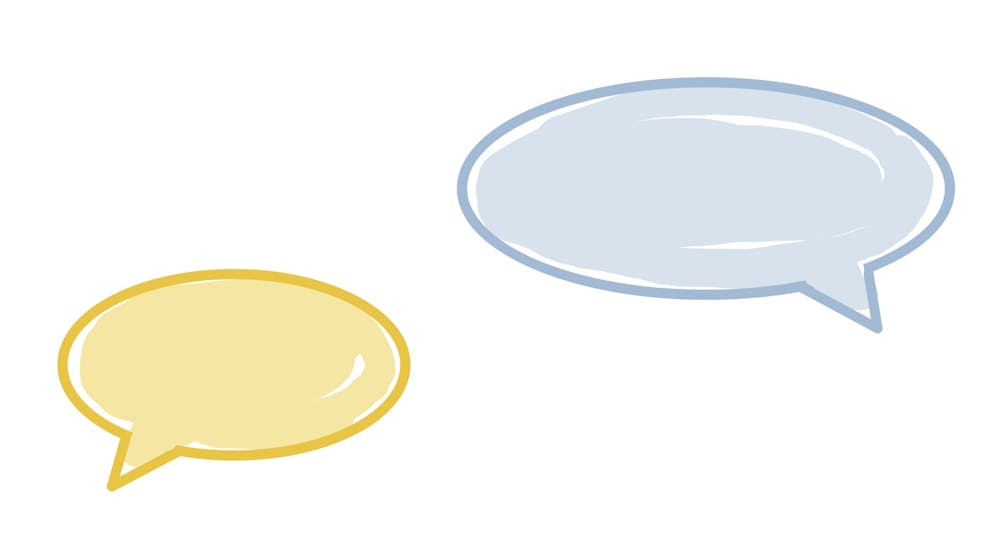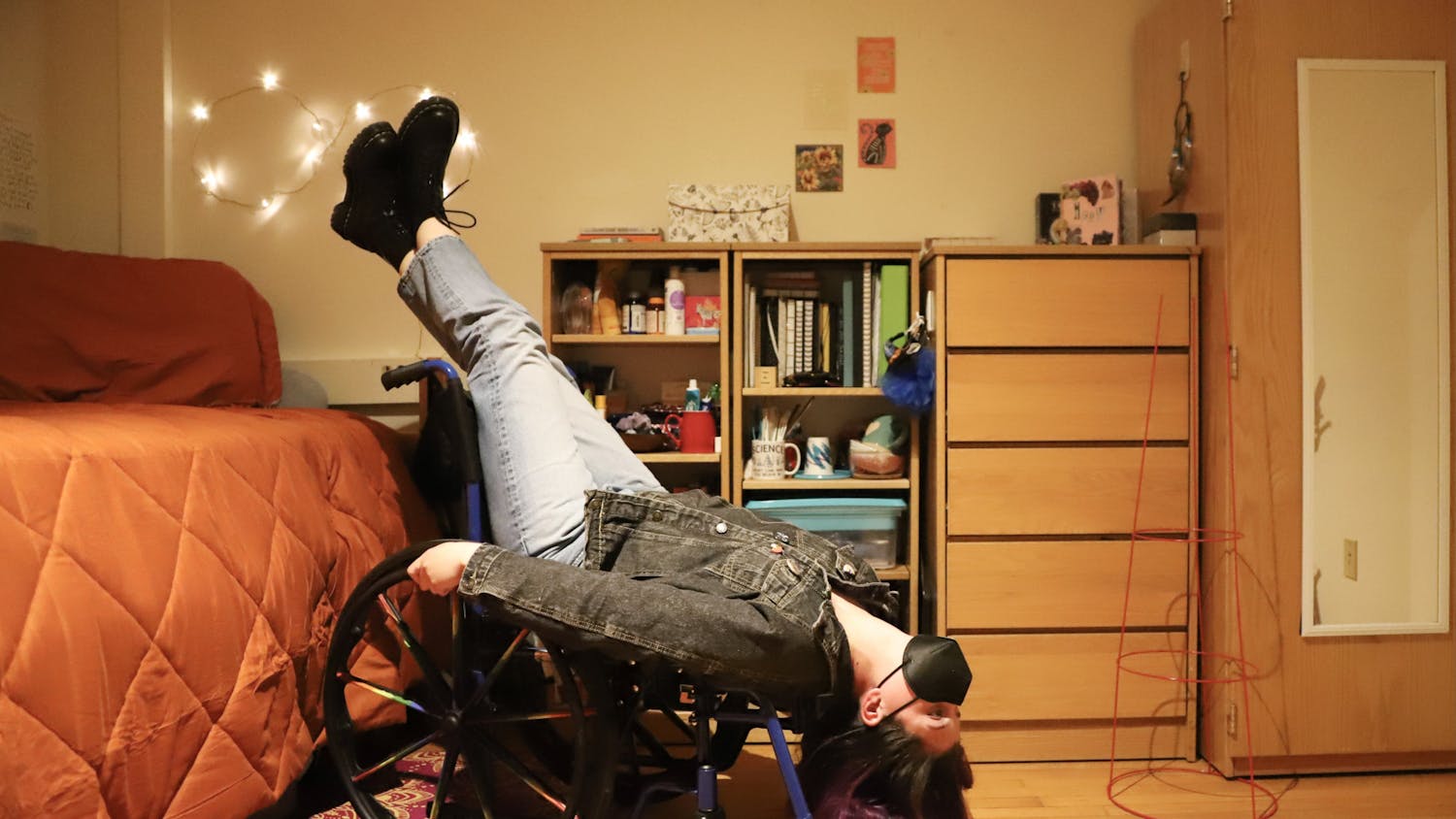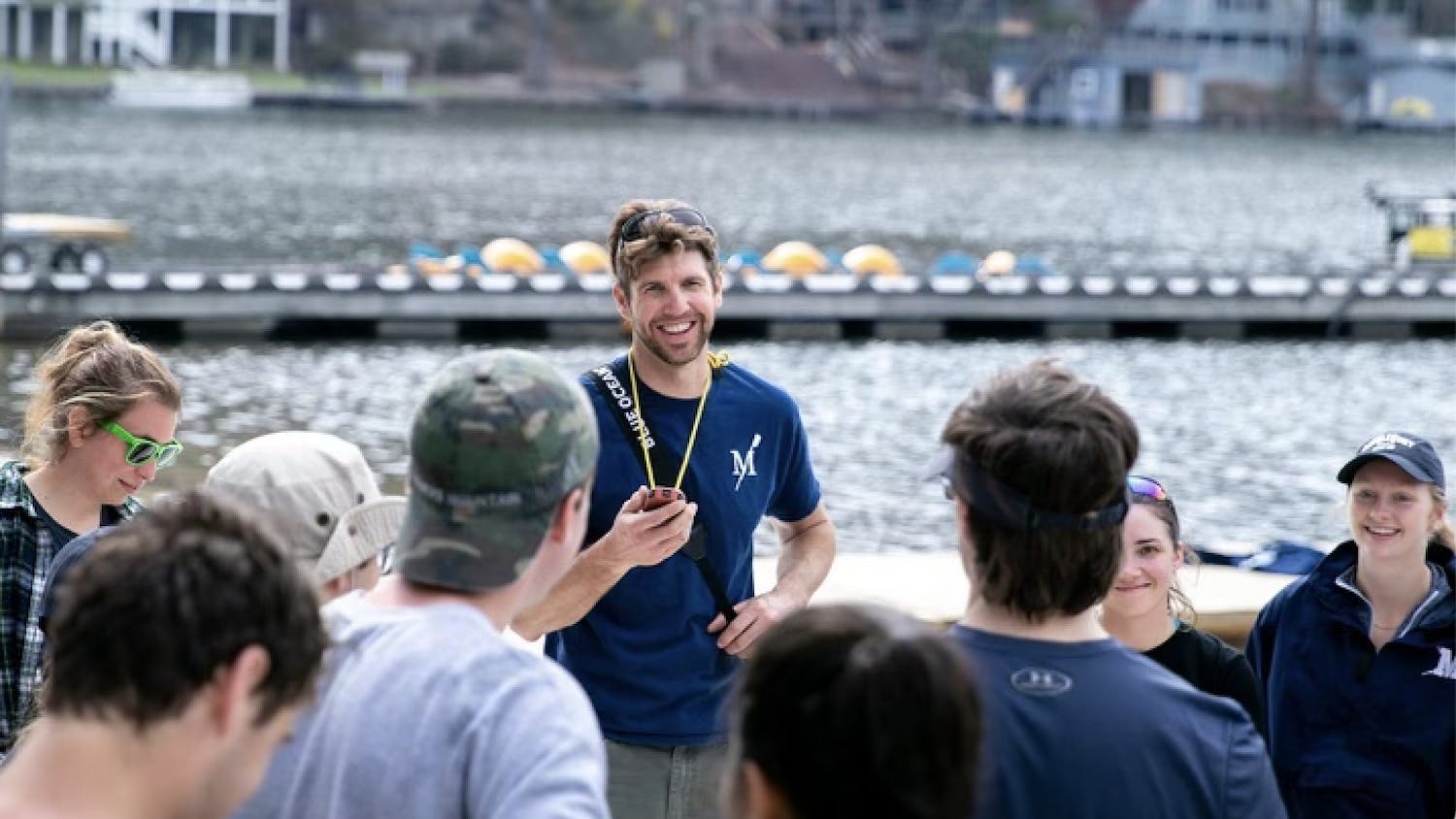Since coming back from spring break, a lot of my conversations with friends and acquaintances have revealed new interests and values about people I either know well or have been getting to know. Hearing about museums people have gone to, trips they’ve gone on, and ways they’ve spent their time at home (even just something like cooking with their parents) has shown me new sides of people.
Perhaps it is a small thing, but I’ve found that as the semesters ramp up every few months, we stop really talking to each other at meals and in moments of passing. Our minds are always filled with schedules and assignments, and we use what time we do have together to give our minds a break. And that isn’t inherently bad, but it often only shows us singular sides of people, especially our more peripheral friends.
I’m not the only one who feels this way. When asked how he felt about this concept, Emmanuel Tamrat ’22 replied, “I recently changed my major, and I am no longer in classes with my friends, so I am less able to commiserate with my friends about things we experienced in a class,” said Emmanual Tamrat ’22. “So I just get a really superficial look at what they’re doing, and I’m not able to help them and they’re not able to help me. Our conversations are less focused on school now, but this way we just get right into the banter.”
And getting right into the banter is in no way a bad thing — there is a time and a place, and, more often than not, banter is more than welcome. But my friends and I are all studying different majors, and we all have different interests. I realized that while I may feel like I know everything about them and their personal lives, I often know less about my friends’ classes and specific academic interests than I do about those of the semester-long friends I make with the people who sit next to me in classes.
This isn’t some cry to make friendships at Middlebury more intellectual, because (trust me) that is not what we need at all. But perhaps we could get a little further into the weeds with each other.
Friendships are something to be worked at.We are all at Middlebury to learn about how to think and how to write (you know the “liberal arts” spiel just as well as I do), but we are also here to learn about people and build what could be lifelong relationships.
After asking around, it seemed that other people sort of agreed — not every conversation needs to be serious, but on the whole we don’t value time and conversations with the people around us enough.
Liv Cohen ’23.5 reflected on this concept with me.“I’m in a class where we’re paired with a random classmate, and all year I have to meet with him once a week and discuss the readings, and we don’t know anything about each other, but we have to discuss religion and violence and cults. And I realized that I don’t know how my own friends would even talk about these things, but it’s so interesting to hear his perspective. And that’s what you want from college. We are most comfortable talking to people like us and staying on the surface level, but these conversations are so helpful, and conversations like that are what college is about, and it’s really rare at Middlebury. It’s a small school but we make it so much smaller than it is.”
It is very easy to get caught up in how small Middlebury is — to feel like everybody knows everybody, and like we already know everything we need to about Middlebury. But there is something exciting about having conversations we’ve never had before and consciously continuing to get to know people, even though three months at Middlebury can feel like three years. There is a competitive culture here surrounding who has the most work, who can be busiest, and it almost overrides the question:What is it that we are so busy doing?
We all decided to join this intentionally collaborative environment for a reason, and each of our reasons is entirely different, which is exciting. So in the midst of rising temperatures and overwhelming workloads, let’s keep our interactions with each other from falling to the wayside. Because in my opinion, it is in those surprising moments when a friend lights up to answer a question, or goes on some niche tangent, where we learn the most.
Eliza King Freedman ’23 is an Arts & Culture Editor for The Campus.




